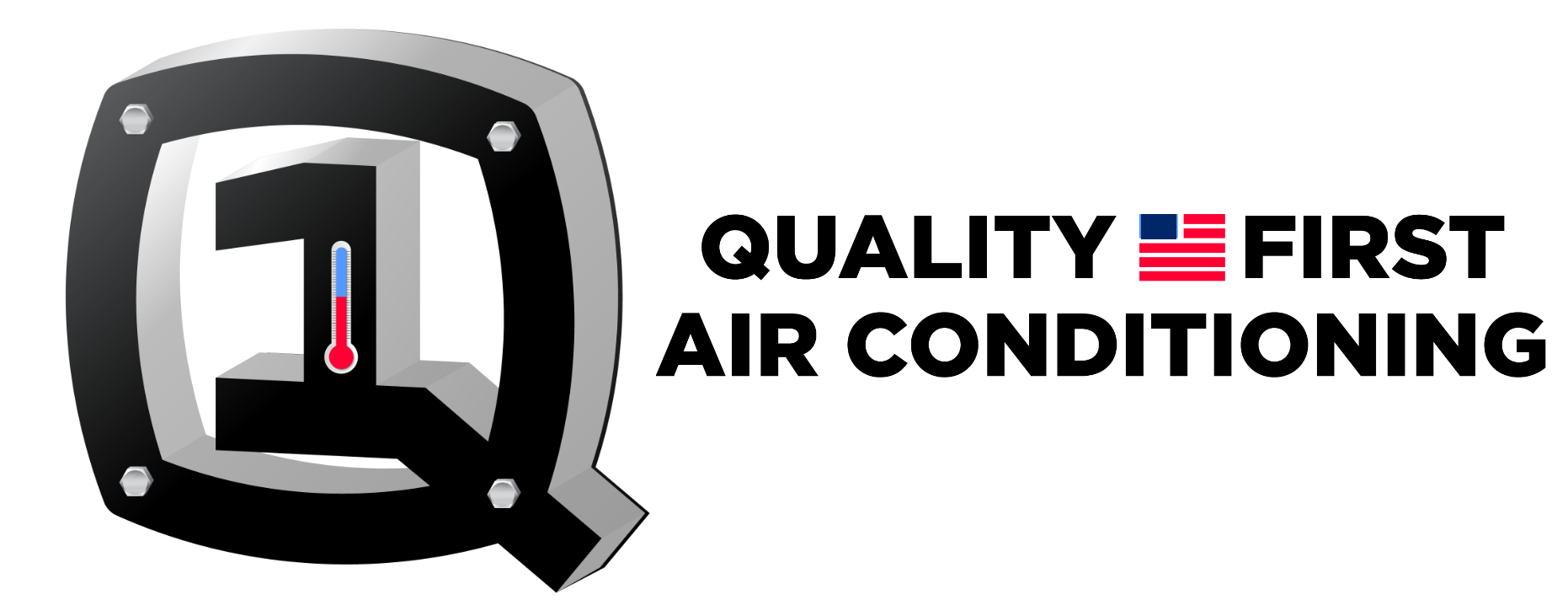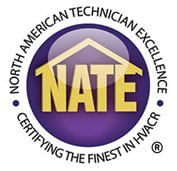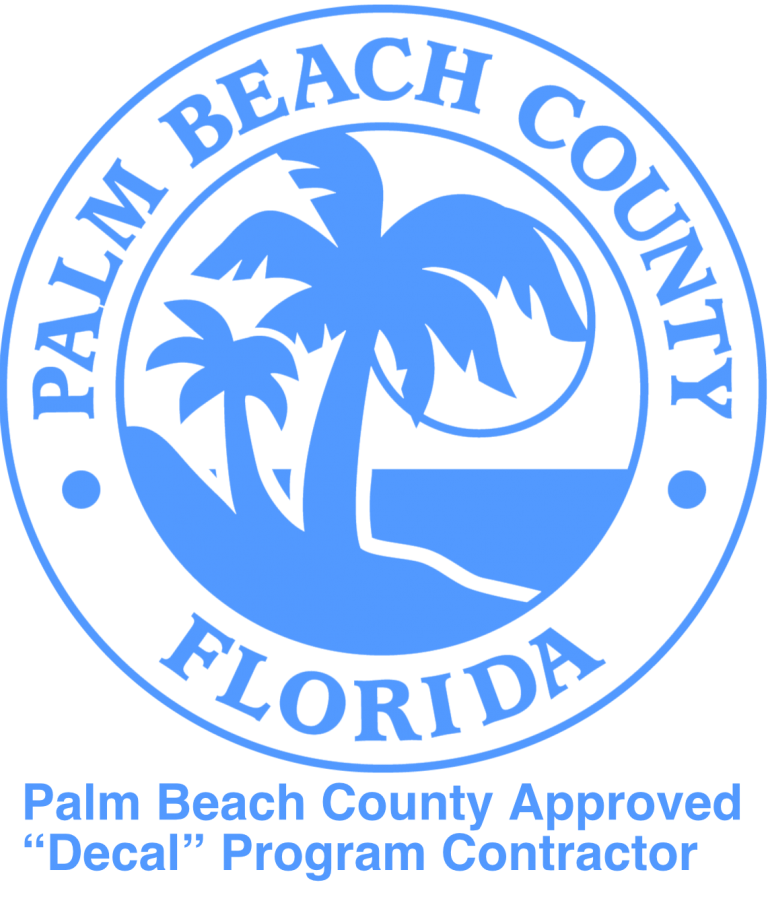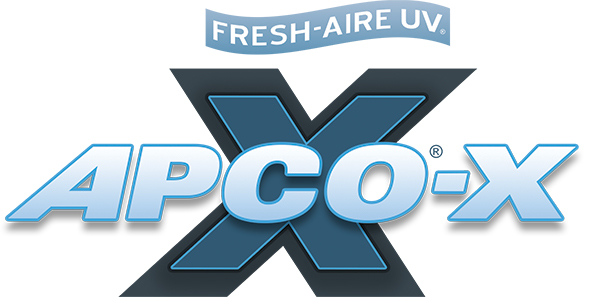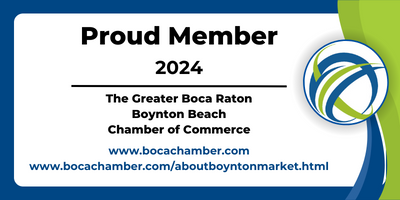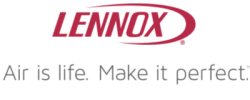-
10 Signs You Need Air Conditioning Repair in Boca Raton from QualityFirstAC.com
-
4. Frequent cycling or the unit turns on and off more often than usual
-
5. Excessive humidity inside your home despite running the AC
-
10. Your AC system is over 10 years old and has not been regularly serviced
When the scorching Florida sun hits, a malfunctioning AC can turn your home into an oven. We’ve rounded up the top 5 air conditioning repair companies in Boca Raton to save you from melting away this summer. From prompt service to skilled technicians, these pros have got you covered.
In this listicle, we’ll unveil the cream of the crop in AC repair services, ensuring that your cooling system gets back on track without breaking a sweat. So sit tight and get ready to discover reliable solutions for all your air conditioning woes. Scroll down for reviews of our top picks!
Key Takeaways
-
If you notice unusual noises coming from your AC unit, such as grinding, squealing, or banging, it’s important to schedule a professional inspection and repair to prevent further damage.
-
Keep an eye on your energy bills; unexpectedly high costs could indicate that your AC system is not functioning efficiently. Prompt maintenance or repair can help improve energy efficiency and save you money in the long run.
-
When your AC is blowing warm or hot air, it may be a sign of a refrigerant leak or compressor issues. Contact a qualified technician to diagnose and resolve the problem.
-
Address frequent cycling or the unit turning on and off more often than usual promptly to prevent excessive wear and tear on the system, which can lead to costly repairs.
-
Excessive humidity inside your home despite running the AC indicates a potential issue with the unit’s cooling capacity. Seek professional assistance to restore a comfortable indoor environment.
-
If you detect bad odors emanating from your AC vents, it could be due to mold or mildew growth. Schedule a thorough cleaning and inspection to ensure indoor air quality.
1. Unusual noises coming from your AC unit
When you notice rattling or banging sounds from your AC unit, it could indicate loose parts within the system. This may lead to further damage if not addressed promptly.

Screeching or squealing noises may point to a worn-out belt in the air conditioning system. Ignoring this issue can result in complete belt failure, leading to an interruption in cooling.
Hissing or bubbling sounds might signal a refrigerant leak, which is a serious problem that requires immediate attention. Refrigerant leaks not only affect the efficiency of the AC but also pose environmental and health risks.
Ignoring these unusual noises can lead to more significant and costly repairs down the line. Regular maintenance by professional technicians can help identify and resolve these issues before they escalate.
Addressing these unusual sounds promptly through professional inspection and repair services ensures that your air conditioning unit continues to function efficiently, preventing potential breakdowns during hot weather when its performance is crucial for indoor comfort.
2. Your energy bills are unexpectedly high
Sudden spikes in energy costs could be a result of an inefficient AC unit. When an air conditioner is not properly maintained, it tends to consume more energy to produce the same level of cooling, leading to higher electricity bills. For instance, dirty filters and coils force the system to work harder, using up more power.
Faulty ductwork can also contribute significantly to increased energy consumption. Leaks or blockages in the ducts cause cool air to escape or prevent proper airflow, causing the AC unit to run longer and consume more energy.
According to industry data from ENERGY STAR, heating and cooling account for nearly half of a typical home’s utility bill. This means that any inefficiency in the air conditioning system can have a notable impact on monthly expenses for customers.
To address this issue effectively and bring down soaring energy prices caused by inefficient air conditioners, it’s crucial for businesses like Quality First Air Conditioning & Heating Inc. in Boca Raton to emphasize regular maintenance services that include cleaning filters, checking refrigerant levels, sealing duct leaks, and ensuring overall system efficiency.
3. The AC is blowing warm or hot air
Low refrigerant levels are a common culprit when the AC blows warm air. When the refrigerant is low, the system cannot effectively cool the air before it circulates through your property, resulting in discomfort for you and your family.
Another potential cause of hot air from the vents is a malfunctioning compressor. If this vital component isn’t functioning correctly, it can lead to the circulation of hot air instead of maintaining a comfortable indoor temperature.
Clogged air filters can also hinder proper airflow, leading to warm air circulation throughout your property. Regularly replacing or cleaning these filters not only ensures optimal comfort but also helps maintain the overall quality and standard of your HVAC system’s performance.
4. Frequent cycling or the unit turns on and off more often than usual
Frequent cycling of an air conditioning unit can be indicative of various underlying issues:
-
Faulty Thermostat: A malfunctioning thermostat may cause the AC to cycle more frequently than necessary, leading to increased wear and tear on the system.
-
Dirty Condenser Coils: Accumulation of dirt and debris on the condenser coils can impede heat transfer, forcing the AC to work harder and cycle more often in an attempt to maintain the desired temperature.
-
Improperly Sized AC Units: An improperly sized air conditioner that is too large for a space will cool it quickly but not effectively dehumidify, causing frequent cycles as it struggles to maintain a balanced environment.
It’s important to address these issues promptly as they not only impact energy efficiency but also contribute to premature wear on components. Neglecting these problems could lead to costly repairs down the line.
Regular maintenance such as cleaning or replacing filters, clearing debris around outdoor units, and scheduling professional tune-ups can help prevent many of these common causes for frequent cycling. Consulting with HVAC professionals regarding proper sizing during installation or replacement ensures optimal performance while minimizing unnecessary cycling.
5. Excessive humidity inside your home despite running the AC
Inadequate cooling capacity can lead to high indoor humidity levels, causing discomfort and potential health issues for occupants. When an air conditioning system is too small for the space it’s trying to cool, it struggles to keep up with demand, resulting in elevated humidity levels.
Leaky ducts are another common culprit for excess moisture indoors. When ducts are not properly sealed or insulated, they can draw in humid air from attics or crawl spaces, contributing to higher-than-desired humidity levels within the home.
On the other hand, an oversized AC unit may cool the air too quickly without effectively removing humidity. This rapid cooling process leaves behind excessive moisture in the air because the system doesn’t run long enough to dehumidify adequately.
High indoor humidity not only compromises comfort but also promotes mold growth and worsens allergies and respiratory conditions. It’s crucial to address this issue promptly by seeking professional HVAC assistance.
Regular maintenance of your AC system can help prevent these problems before they occur. By ensuring that your unit is appropriately sized for your home and having a professional inspect and seal any leaky ducts, you can maintain comfortable indoor conditions while promoting energy efficiency.
6. Bad odors emanating from your AC vents
Musty smells coming from your AC vents could be a sign of mold growth within the ductwork. Mold thrives in dark, damp environments, and if left unchecked, it can spread throughout the entire HVAC system.
Burning odors might indicate electrical issues within the unit. This could be due to overheating components or faulty wiring, which poses a fire hazard and requires immediate attention from a professional technician.
Foul smells emanating from the vents may result from stagnant water in the drip pan. When water accumulates in this part of the air conditioning system, especially during periods of high humidity, it can lead to bacterial growth and unpleasant odors.
In addition to being unpleasant, these odors can also have adverse effects on indoor air quality and pose health risks for occupants with respiratory conditions such as asthma or allergies.
Regular maintenance by an experienced HVAC technician is crucial for preventing these issues. This includes cleaning ducts and drip pans regularly to prevent mold and bacteria buildup while also ensuring that electrical components are functioning properly to avoid potential fire hazards.
7. Water leaks or pooling around the AC unit
Water leaks and pooling around your AC unit can be indicators of various issues that require attention.
-
Clogged condensate drain lines are a common culprit for water leaks. Over time, these lines can become obstructed with dirt, dust, or algae, causing water to back up and leak around the unit.
-
Ice buildup on the evaporator coils is another potential cause of water pooling when it melts. This often occurs due to restricted airflow caused by dirty air filters or blocked vents. As a result, the ice thaws and causes excess water to accumulate around the base of the unit.
-
A damaged condensate pump can also lead to water leakage. This component is responsible for pumping excess moisture outside; if it malfunctions, it may allow water to overflow inside your home instead.
To prevent these issues, regular maintenance such as cleaning or replacing air filters and scheduling professional inspections can help ensure that condensate drain lines remain clear and that components like condensate pumps are functioning properly.
8. The AC unit struggles to maintain the set temperature
Improper insulation in a home can lead to difficulty for the AC system in regulating temperature. With inadequate insulation, cool air escapes, and warm air infiltrates, making it challenging for the AC to achieve and sustain the desired temperature.
Aging components within the AC system can significantly impact its ability to maintain set temperatures. Over time, wear and tear on parts like compressors or refrigerant levels may cause inefficiencies, resulting in fluctuations in cooling performance.
Thermostat malfunctions are another common issue that may prevent accurate temperature control. A faulty thermostat could inaccurately read room temperatures, causing the AC unit to run longer than necessary or shut off prematurely.
For instance, if an older house has insufficient insulation and an aging HVAC system with worn-out components, it will likely struggle more than a newer home with proper insulation and a well-maintained modern HVAC system.
In some cases, professional evaluation by trained technicians is necessary to identify specific issues contributing to poor temperature regulation within an HVAC system. This can involve inspecting ductwork for leaks or blockages as well as testing various components of the air conditioning unit for functionality.
9. Reduced airflow from your vents
Blocked or dirty air filters are a common culprit for reduced airflow in air conditioning systems. When these filters become clogged with dirt and debris, they restrict the amount of air that can pass through them, leading to diminished airflow from the vents.
Damaged ductwork can impede proper air distribution throughout your home. Holes, leaks, or disconnected sections of ducts can result in a loss of conditioned air before it reaches the living spaces.
Malfunctioning blower motors are another factor that can contribute to reduced airflow. The blower motor is responsible for pushing conditioned air through the ductwork and into your home. If it’s not functioning properly, it may struggle to circulate an adequate amount of air.
To address reduced airflow issues effectively:
-
Regularly change or clean air filters according to manufacturer recommendations.
-
Schedule professional inspections to identify and repair any damage in the ductwork.
-
Have HVAC technicians assess and repair malfunctioning blower motors promptly.
10. Your AC system is over 10 years old and has not been regularly serviced
Aging systems are prone to efficiency and performance issues. As an air conditioning unit ages, its components can wear out, leading to decreased efficiency and increased energy consumption. According to the U.S. Department of Energy, older air conditioners may operate at significantly lower efficiency levels than newer models.
Lack of regular maintenance can lead to deteriorating AC performance. Without routine check-ups by qualified technicians, dust and debris can build up within the system, hindering its ability to cool effectively. This buildup can also strain the internal components, potentially causing costly breakdowns.
Older systems may struggle with keeping up with modern energy efficiency standards. With technological advancements in HVAC systems, newer units are designed to meet higher energy efficiency requirements set by regulatory bodies such as ENERGY STAR®. Consequently, older units often fall short in terms of meeting these updated standards.
Summary
If you’ve noticed unusual noises, high energy bills, warm air blowing from your AC, or any of the other signs mentioned, it’s time to have your air conditioning system checked. These issues could be indicators of underlying problems that, if left unattended, may lead to more extensive and expensive repairs down the road. Don’t wait until your AC breaks down completely; take action now to address these warning signs and ensure your home stays cool and comfortable.
Regular maintenance and timely repairs can not only save you money in the long run but also extend the lifespan of your air conditioning unit. Contact a professional HVAC technician today to diagnose and resolve any issues with your AC system, keeping it in top condition for the hot months ahead. Your comfort and peace of mind are worth the investment.
Frequently Asked Questions
Why is my AC unit making unusual noises?
Your AC unit may be making unusual noises due to loose or damaged parts, worn-out components, or debris in the system. It’s crucial to have a professional technician inspect and repair any issues to prevent further damage.
What could be causing my energy bills to spike unexpectedly?
Unexpectedly high energy bills could indicate inefficiency or malfunction in your AC system. Factors such as dirty filters, refrigerant leaks, or an aging unit can contribute to increased energy consumption. A professional inspection can identify the root cause.
Why is my AC blowing warm or hot air instead of cool air?
The issue of warm air from your AC could stem from a variety of causes including refrigerant leaks, compressor problems, or restricted airflow. It’s best to have a qualified technician diagnose and address the specific issue promptly.
What should I do if water is leaking around my AC unit?
Water leaks around your AC unit may signal clogged drain lines, frozen evaporator coils, or other drainage issues. Ignoring this problem can lead to water damage and mold growth. Contact a professional HVAC technician for immediate assistance.
How do I know if it’s time to replace my over 10-year-old AC system?
If your over 10-year-old AC system hasn’t been regularly serviced and exhibits frequent breakdowns along with rising energy costs, it might be more cost-effective in the long run to invest in a new energy-efficient model. Consult with an HVAC specialist for personalized advice based on your specific situation.
